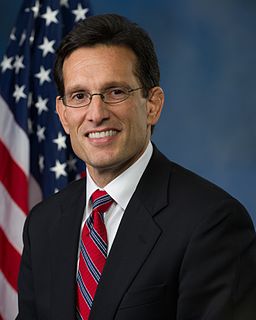A Quote by Ted Nordhaus
We can still cap carbon, but that needn't be at the top of the agenda that we communicate to voters.
Related Quotes
I'm not shy about stating my opinion on political issues, so I can state my opinion, which is, on this one, Premier Notley's right. Because cap and trade systems have not been shown to work. And if you want to price carbon, then I would listen to the CEO of Suncor, who suggests a clean, transparent carbon tax makes a bunch more sense than a cap and trade system that just creates jobs for traders. I - I kind of agree with that.
We know that things like energy independence, getting off oil, getting out of the Middle East, and creating jobs and economic development in the new clean energy industries of the future are much higher priorities for most voters than capping carbon emissions or taxing dirty energy sources. So why not redefine our agenda as the solution to those problems?
There would be a cost for dumping carbon into our atmosphere and a cap on total emissions. The government must make a clear and firm decision - terminating the idea in our society it is free to pump infinite amounts of carbon into the air. Once that happens, private capital will flow even more aggressively into developing and deploying the alternative, less-polluting technologies.
We need to use economic instruments such as carbon taxes, cap and trade, tax and dividend and whatever else to help incentivize behavior that will move us to a post-carbon, post-animal agriculture world, and make our societies more resilient to the shocks that are already baked into the system. But that doesn't make climate change an "economic issue."
Here's the problem - carbon dioxide doesn't contribute to smog and isn't a health threat. All of this is being done because some people believe carbon dioxide is causing global warming, and that preventing carbon dioxide from entering the air is the only answer. Never mind that there is still an ongoing scientific debate about global warming itself, and that some respected climate scientists believe that methane is a better target, California legislators have locked their sites on carbon dioxide.
But carbon 13 [the carbon from corn] doesn't lie, and researchers who have compared the isotopes in the flesh or hair of Americans to those in the same tissues of Mexicans report that it is now we in the North who are the true people of corn.... Compared to us, Mexicans today consume a far more varied carbon diet: the animals they eat still eat grass (until recently, Mexicans regarded feeding corn to livestock as a sacrilege); much of their protein comes from legumes; and they still sweeten their beverages with cane sugar. So that's us: processed corn, walking.


































